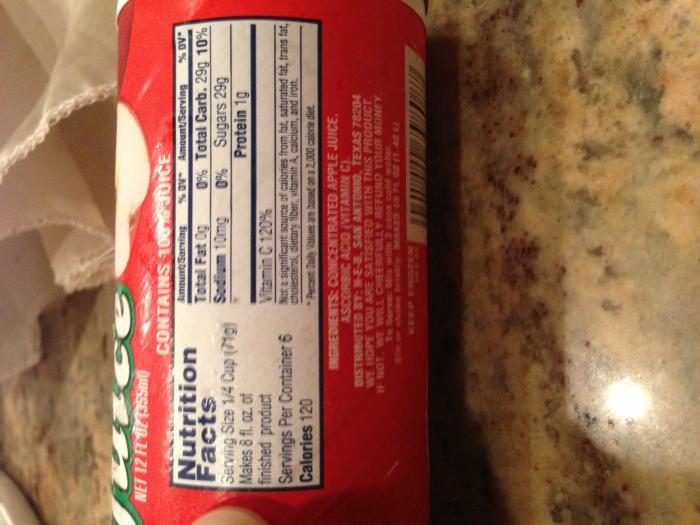Hey HBT,
I was at the local hbs today and told the owner I was bottling an edworts apfelwein tonight. He suggested I use frozen fruit juice concentrate instead of priming sugar. So I've purchased that and am about to bottle.
Question:
Is the frozen concentrate sterile or do I need to worry about boiling or doing something with the concentrate before adding? Can I just dump it in and stir until dissolved? Worried about aerating my apfelwein!
Thanks, standing by
I was at the local hbs today and told the owner I was bottling an edworts apfelwein tonight. He suggested I use frozen fruit juice concentrate instead of priming sugar. So I've purchased that and am about to bottle.
Question:
Is the frozen concentrate sterile or do I need to worry about boiling or doing something with the concentrate before adding? Can I just dump it in and stir until dissolved? Worried about aerating my apfelwein!
Thanks, standing by




